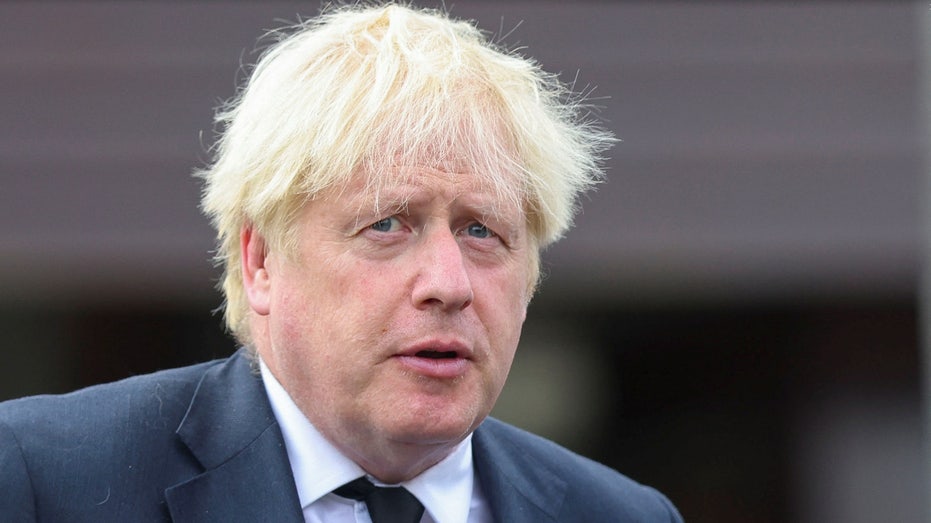Britain ditches EU trade system, unveils new trade strategy for developing countries
Post-Brexit Britain to create its own trade system for developing countries
Britain has launched a scheme to extend tariff cuts to hundreds of products, such as clothes and food, from developing countries, part of London's post-Brexit efforts to set up systems to replace those run by the European Union.
In June, Prime Minister Boris Johnson said he wanted to start a new trade system to reduce costs and simplify rules for 65 developing countries to replace the EU's Generalized System of Preferences, which applies import duties at reduced rates.
IRAN COULD ACCEPT EU NUKE DEAL PROPOSAL
Trade minister Anne-Marie Trevelyan said the Developing Countries Trading scheme (DCTS) would extend tariff cuts to hundreds more products exported from developing countries, a system, she said, that goes further than the EU scheme.

Britain continues to pursue its post-Brexit goals by breaking away from the EU's Generalized System of Preferences. Pictured: British Prime Minister Boris Johnson attends the funeral of Northern Ireland's former First Minister David Trimble, in Lisbu (REUTERS/Johanna Geron / Reuters Photos)
"As an independent trading nation, we are taking back control of our trade policy and making decisions that back UK businesses, help with the cost of living, and support the economies of developing countries around the world," Trevelyan said in a statement.
"UK businesses can look forward to less red tape and lower costs, incentivizing firms to import goods from developing countries."
The DCTS covers 65 countries, simplifies rules such as rules of origin, which dictate what proportion of a product must be made in its country of origin, and removes some seasonal tariffs, such as making cucumbers tariff-free in the winter.




















